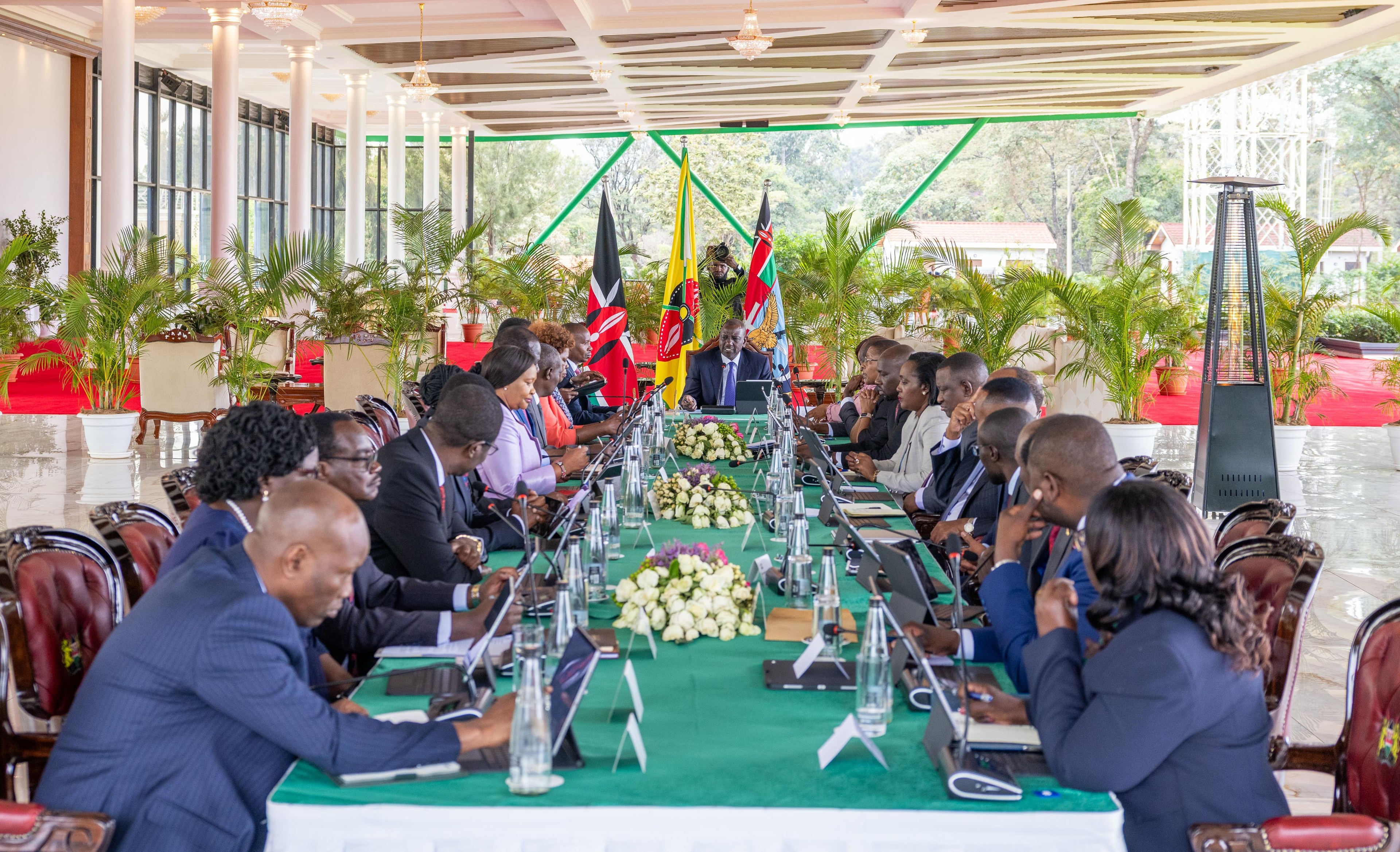Kenya Revenue Authority will forego up to Sh200 billion in the ongoing tax amnesty drive, even as it banks on the programme to clear debt arrears.
The amnesty notwithstanding, the taxman spelt out tough recovery measures, which individuals and businesses with tax liabilities will face at the expiry on June 30, 2024.
Official data shows debt arrears owed to the taxman stood at Sh1.097 trillion as at last month, with principle debt at Sh1.014 trillion.
Arrears as at 2020/2021 were at Sh1.601 trillion, before it dropped to Sh999.6 billion in 2022/23 and to the current figures.
So far, about 20,044 tax amnesty applications have been made, worth Sh10 billion out of which, slightly over Sh3.4 billion has been collected.
In an interview with the Star, KRA debt manager Christine Macharia called on taxpayers to take advantage of the window period to clear any pending tax issues.
Macharia said KRA is open to making payment plans with taxpayers stretching up to June next year.
At the end of the amnesty, penalties will include forced recovery or other debt enforcement measures.
Taxpayers who default on payment plans or fail to align their books by the end of the amnesty face among others, freezing of bank accounts, revocation of tax compliance certificates and possible auctions.
KRA can seek departure prohibition orders where the taxpayer and any related persons are barred from leaving the country, prosecution of debtors and application for insolvency which leads to closure of business and recovery made from assets.
“We don’t want to get there. We are giving people a chance to have a clean slate going forward,” Macharia told the Star.
Through the Finance Act 2023, KRA last month introduced a tax amnesty programme that allows taxpayers to apply for waiver of penalties and interest accrued until December 31, 2022.
Through the programme, taxpayers are only being required to pay the principal tax amount of outstanding tax debts.
For the amnesty, KRA targets to collect at least Sh51 billion.
Macharia said the amnesty is part of initiatives to also support businesses that could not honour their tax obligations during the Covid-19 pandemic, which hurt the economy.
“Taxpayers are burdened with businesses struggling since the pandemic, some have not been able to meet tax obligation hence the amnesty comes in handy. Don’t get passed by the amnesty. We are giving these businesses a lifeline on tax matters,” said Macharia.
Among those that stand to hugely benefit include large taxpayers, among them multi=nationals and major local companies, SMEs and individuals who are behind on their tax compliance.
Meanwhile, KRA has developed an alternative dispute mechanism framework, which provides and option of resolving tax disputes outside the judicial process.
“We encourage taxpayers to leverage on this programme for hasten mutual resolution,” Macharia said.
In the last financial year, KRA collected Sh71.8 billion from 7,458 concluded cases and projects a significant growth in the current financial year ending June 2024.





![[PHOTOS] Ruto present as NIS boss Noordin Haji's son weds](/_next/image?url=https%3A%2F%2Fcdn.radioafrica.digital%2Fimage%2F2025%2F11%2Ff8833a6a-7b6b-4e15-b378-8624f16917f0.jpg&w=3840&q=100)











